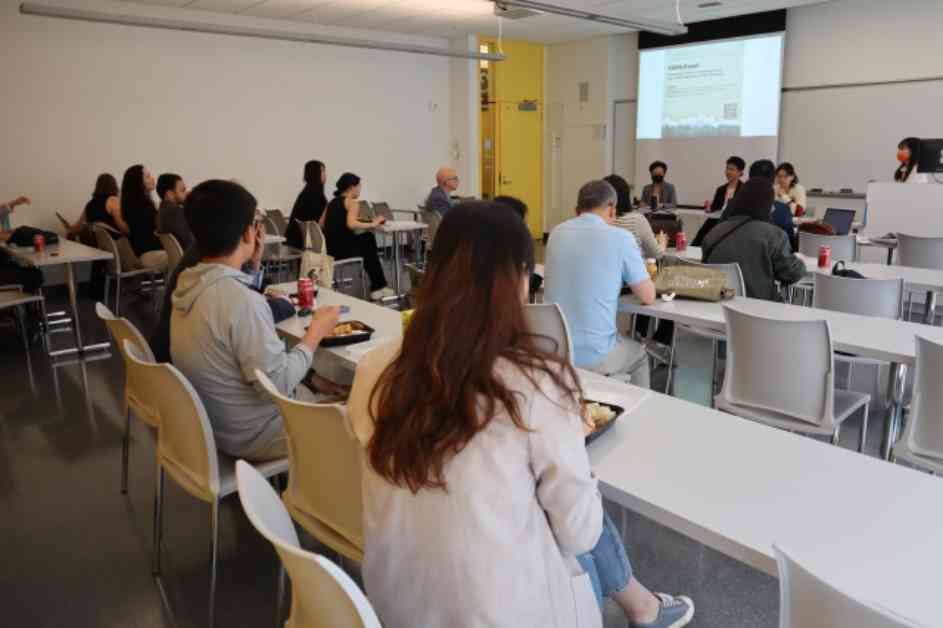Advocating for Taiwan: Observations, Aspirations, and Action Steps for Uncertain Times
Taiwan finds itself at a pivotal moment in history, facing a world fraught with challenges and uncertainties. The year 2020 brought to light the vulnerabilities of the global community to health crises, the reliance on China’s supply chains, and the crucial role of Taiwan-produced advanced semiconductor chips. Additionally, Russia’s invasion of Ukraine served as a stark reminder of the looming threat of authoritarian expansionism, casting a shadow of uncertainty over Taiwan’s future.
Despite these challenges, US-Taiwan relations are currently at their historical best. However, the events of recent years have underscored the importance of remaining vigilant and proactive in advocating for Taiwan’s interests. China’s persistent territorial ambitions in the region, particularly concerning Taiwan and the East and South China Seas, continue to pose a significant threat to regional stability and security.
At the 2024 NATSA conference, in collaboration with the Formosan Association for Public Affairs (FAPA), discussions were held on grassroots advocacy strategies to drive policy change and strengthen US-Taiwan relations. Key figures from FAPA, including Jenny Li, Chi-An Wang, and Chia-Chun Chung, shared their insights on recent political trends and outlined actionable steps to expand Taiwan’s international presence.
Building Community and Enhancing US-Taiwan Friendship
Jenny Li, a Policy Associate at FAPA, shed light on the historical bipartisan support for Taiwan in the US Congress. Contrary to popular belief, both Republican and Democrat members have consistently championed Taiwanese democracy, with a surge in support observed since 2020. Jenny emphasized the need to address challenges such as domestic politics, misaligned interests, and American skepticism to ensure the longevity of the US-Taiwan friendship.
Chi-An Wang, as the Regional Director of FAPA’s New York Metro Chapter, highlighted the importance of community engagement in advocating for Taiwan. By fostering connections with local elected officials and leveraging the energy of Taiwanese youth in New York City, Chi-An emphasized the significance of building strong community ties and advocating at the grassroots level. He also shared his experiences in congressional advocacy, including interactions with US Senator Chuck Schumer, illustrating the impact of local engagement on advancing Taiwan’s interests.
Chia-Chun Chung, the National Vice President of FAPA, underscored the need for effective, efficient, and scalable grassroots advocacy efforts. Tailoring advocacy initiatives to specific congressional committees, fostering relationships with key stakeholders, and building alliances with diverse interest groups were identified as crucial strategies to amplify the impact of advocacy work. Chia-Chun emphasized the importance of cooperation between FAPA chapters and headquarters to drive long-term advocacy goals and strengthen Taiwan’s presence on the global stage.
Challenges and Opportunities in Advocacy
During the Q&A session, audience members raised pertinent questions about the challenges encountered in advocacy efforts. Chia-Chun highlighted the difficulty of raising awareness about Taiwan within the AAPI community, emphasizing the need to address misconceptions and promote a nuanced understanding of Taiwan’s progressive values. The panel also addressed concerns about the presence of Kuomintang (KMT) representatives in the US and the importance of building relationships with delegations and congressional staff from the same state to advance advocacy goals effectively.
The panelists also addressed inquiries about FAPA’s policy priorities and agenda in comparison to the Ministry of Foreign Affairs (MOFA). They clarified that FAPA’s mission is centered on promoting Taiwan’s democracy and human rights, independent of specific political affiliations. By engaging with US representatives and informing the public about Taiwan-related issues, FAPA aims to elevate Taiwan’s visibility and significance in the international arena.
Mission and Vision for Advocacy
Reflecting on FAPA’s advocacy activities, the panelists highlighted recent successes, such as the passage of the Taiwan Travel Act in 2018 and the reaffirmation of the Taiwan Relations Act and the Six Assurances in 2016. These milestones underscored the importance of sustained advocacy efforts in strengthening US-Taiwan relations and advancing Taiwan’s interests on a global scale. The panelists emphasized the need for long-term commitment and strategic engagement to navigate the complex landscape of international advocacy effectively.
Looking ahead, FAPA remains committed to promoting democracy, freedom, and human rights in Taiwan and fostering robust relations between Taiwan and the United States. By engaging with policymakers, building community connections, and amplifying Taiwan’s voice on the global stage, FAPA continues to play a vital role in advocating for Taiwan’s interests and enhancing US-Taiwan friendship.
In conclusion, the advocacy journey for Taiwan is a multifaceted and ongoing endeavor that requires dedication, collaboration, and strategic planning. By leveraging grassroots support, fostering community engagement, and prioritizing long-term relationships, FAPA and its partners aim to ensure a brighter future for Taiwan and strengthen its position in the international community.












